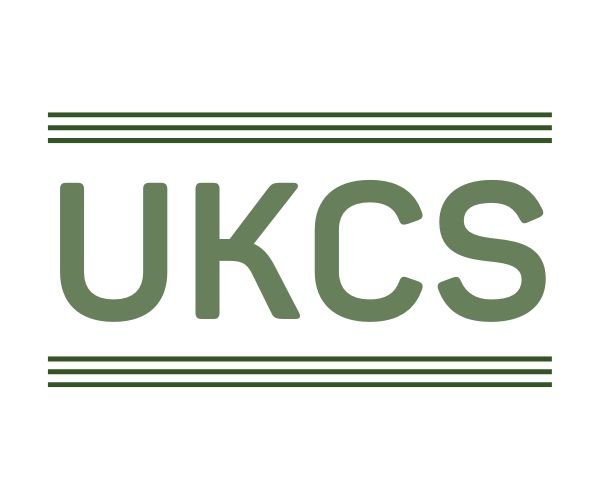Can press problems shed light on changes needed in health care?
 Say the phrase "investigative reporting" at present in the UK and you might get a reaction from many which suggests you are dealing with a tainted brand. Inside one turbulent week the "investigative" News of the World has crashed from being the world's highest-circulating English language newspaper to becoming Britain's first national news title closure.Phrases like "mobile phone hacking", police pay-offs, and blagging have become common currency in the public square, identifying all that is unethical and even criminal in the investigative journalist's oeuvre. Beyond that, tales of dustbin (trash can) trawling and other more pedestrian means for information gathering have not exactly jumped off the page as salubrious.So is the problem investigative journalism itself? Or can investigative journalism hold its head high as a noble art? Perhaps the answer comes in the guise of Nick Davies, the Guardian journalist whose dogged persistence has played such a huge part in the ultimate exposure of the corruption which has allegedly riddled the reporting of the News of the World. As The Atlantic puts it in a story called How Britain's Guardian Newspaper Makes UK History:
Say the phrase "investigative reporting" at present in the UK and you might get a reaction from many which suggests you are dealing with a tainted brand. Inside one turbulent week the "investigative" News of the World has crashed from being the world's highest-circulating English language newspaper to becoming Britain's first national news title closure.Phrases like "mobile phone hacking", police pay-offs, and blagging have become common currency in the public square, identifying all that is unethical and even criminal in the investigative journalist's oeuvre. Beyond that, tales of dustbin (trash can) trawling and other more pedestrian means for information gathering have not exactly jumped off the page as salubrious.So is the problem investigative journalism itself? Or can investigative journalism hold its head high as a noble art? Perhaps the answer comes in the guise of Nick Davies, the Guardian journalist whose dogged persistence has played such a huge part in the ultimate exposure of the corruption which has allegedly riddled the reporting of the News of the World. As The Atlantic puts it in a story called How Britain's Guardian Newspaper Makes UK History:
Initially, Davies and the Guardian were greeted by what investigations editor David Leigh described in an interview as a "fusillade of lies" from News International and the police, some of whose officers had illegally sold material to reporters. Even Britain's Press Complaints Commission accused the Guardian of "exaggerating." For two years, Davies kept going, amid considerable hostility. The Trinity Mirror papers, Associated Newspapers (publishers of the Daily Mail), and News International, which includes the London Times, were all but silent about the hacking story.
We are talking here about two years of the Guardian being a lone media voice in persistently raising unanswered questions about phone hacking, although British MPs like Chris Bryant and Tom Watson and entertainers like Hugh Grant were also unwilling to let the silence on the subject go unchallenged.So even as investigative journalism is currently in the spotlight for all the wrong reasons, the art of such journalism needs to be valued and supported by society for what it contributes to highlighting attitudes and actions, especially of those in powerful positions of trust, that need to change for the better.This victory obtained by a lone voice in journalism can serve as an inspiration to those working hard to reform all institutions, including health care. As in the case of investigative journalism, it is not the idea of wanting to deliver top class health care that is being disputed, but it is the manner in which that is being realised in practice that needs to be open to question.In health care delivery, as in journalism and politics, problems within the system extend to serious ethical concerns such as conflicts of interest in the sources of stats and studies, pharmaceutical-sponsored news reporting, conscious and unconscious bias in research, and the complexity of systems that can end up offering financial rewards for delivering quantity rather than quality of care. Some are also seeing the need to push against the in-flowing tides of presumption that physical problems need a predominantly physical fix, and are pushing for more inclusion of the potent healing ingredient of giving quality attention to the spiritual needs of each patient according to their individual wishes.Will these lone voices standing for an increasing focus on spiritual care in health care delivery eventually prevail?Incoming tides eventually roll out again. Many see spiritual care as a lost art formerly integrated in health care that needs to be restored, rather than as a new idea needing to be grafted on.The turnaround in the fortunes of the News of the World has shown how quickly the demand for radical change can suddenly come even to a 168-year old institution when the public imagination catches sight of the need for an adjustment. The venerable institutions of medicine can open their doors now to the voices within already seeing the need to more consistently include the spiritual care that touches the heart and thought in needful ways that pills, potions, surgery and practical nursing skills alone cannot reach. Then inspired evolution in health care can pre-empt the kind of inevitable revolution that can be expected, just as it is now hitting the news headlines...about those who are usually the ones writing those headlines!
